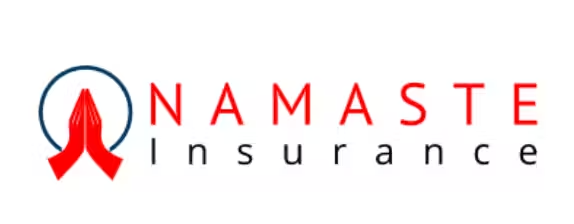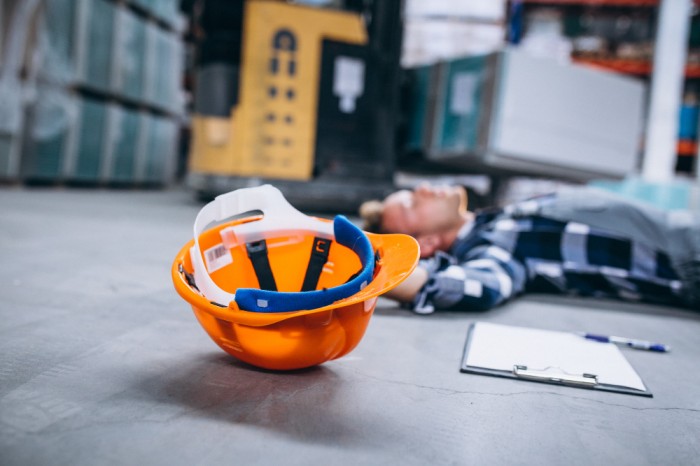One of the things we learn when we get our first home is that Home owners Insurance is not something you should delay buying. This type of insurance protects you in the event you are the victim of fire, theft, storm damage, or other perils.
The biggest lesson that new property owners learn about insurance is that not all of the top Homeowner’s Insurance policies cover the same kind of disasters and damages. When you get a quote for a policy you have to specifically ask if certain things, like wind damage, or flood damage are covered, because not all policies provide those coverages.
Hazard Insurance Definition
This is a protection policy that covers property if it is damaged by a natural event or a weather-related event.
Features of these policies
When you speak to an insurance agent about this is a portion of your homeowner’s policy that will provide you with the money to have repairs or replacements if the structure of your home is damaged by natural or in some instances man-made events.
Natural Events
- Hail
- High Winds
- Lightning Strikes
- Fire
- Flood
- Fallen trees
- Smoke damages
- Water pipes bursting and causing water damages
- Extremely cold temperatures that cause items to freeze and be compromised
Man-Made Events
- Vandalism
- Theft
- Fire or flood created by a human and not weather-related
- Cars being driven into your house, or the tires coming off a car and striking your house
- explosions
You cannot buy this portion of coverage alone. You must have a policy in effect that covers the residence for basic homeowner concerns, and this is the portion that deals with natural disaster damages and man-made structural complications.
You Can Create Unique Coverage
However, you can make this portion of your insurance protection specifically designed to provide the appropriate protection for the types of damages you are most likely to have affected you.
You can also have the coverage reach farther than just your main house and cover:
- Outbuildings
- Barns
- Carports
- Garages
- Gazebos
- Sheds
- Pool houses
Things Hazard Insurance Will Not Protect Against
- The medical bills for someone who may sustain an injury while on your property
- Floods from natural disasters. For that protection, you must buy flood insurance.
- Earthquakes and the damages they may cause
- Theft of your personal belongings
- Vandalism of your personal belongings
- Temporary lodging in the aftermath of a disaster
Deciding What Level of Hazard Protection You Need
One of the confusing aspects of insurance is deciding what you need and what you can live without. When you buy auto insurance coverage and the agent offers you coverage if you go into Mexico, and you know that you are never going to Mexico, then you know you do not need that coverage.
When you reduce the amount of coverage that a policy provides you also reduce the cost of the policy. When you buy coverage for your residence you can look at a Natural Hazard Report and find out what the probability is that certain kinds of natural storms may happen where you live. For instance, if there has never been a flood in the area where your home is located there is a pretty good chance that your home will never be flooded.
However, if you live in an area that is seldom plagued by severe storms, hail, and things of this nature then you would want to get a policy that would pay if one of these events damages your structure.
High-Risk Considerations
The Natural Hazard Report will identify which areas are most likely to be struck by specific types of natural weather occurrences. If the area where your home is located is in a spot that is highly likely to have a specific type of natural weather disaster, like a tornado, then your home will be considered to be at high risk of suffering tornadic damages.
When your home is listed as being at high-risk then your cost for the insurance protection will be higher. The companies that agree to pay for damages you might incur during a storm are going to charge more if you are probably going to suffer damages from such an episode.
If your home is financed by a lending institution such as a bank, and it is in a high-risk location for storms, then the lending institutions will probably make you carry protective coverage against that kind of storm damage. The lending institution will just be protecting its investment.
When to Buy
One thing you have to know about insurance pay-offs after you receive storm damages is that the policy protecting you had to be in effect for a certain amount of time before the occurrence of the storm.
In other words, most insurance agencies require that you have a policy in effect for a certain length of time before a storm happens. If you know a hurricane is imminent and your home is probably going to get damaged, and you buy homeowners insurance three days before the hurricane makes landfall, your coverage will not be effective.
When you buy your coverage ask the agent how long it will be before the policy is in complete effect.
Buying Online Coverage
This is the digital age when it is easier to get everything. If you want to price auto insurance coverage to see if you can get a cheaper rate, you can do so from the comfort of your home or your smartphone at any time.
The same thing is true of home protection policies. You can compare companies, policies, coverage types, explore deductibles, and more without calling an agency or leaving your home. Shopping online allows you the chance to decide what you want with no pressure from salespeople, and no feelings of guilt.
Final Thought
You know that this kind of coverage is essential and will save you money if a disaster does affect your home. If you would like to know more about this topic visit Namaste Insurance. You will find in-depth details on hazard insurance and more.

